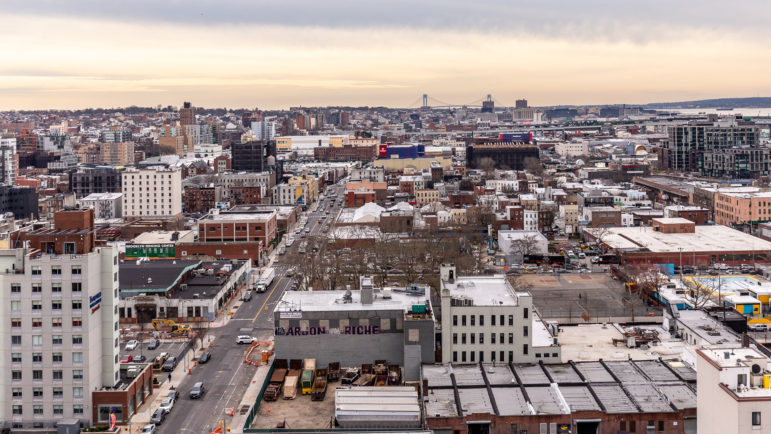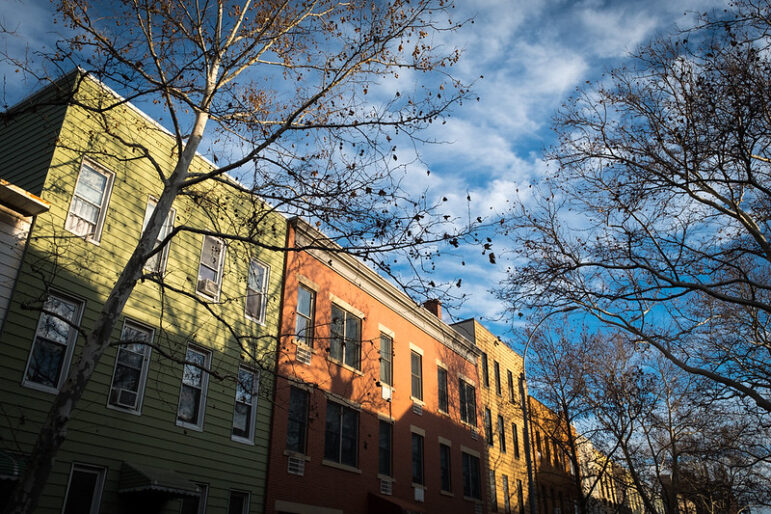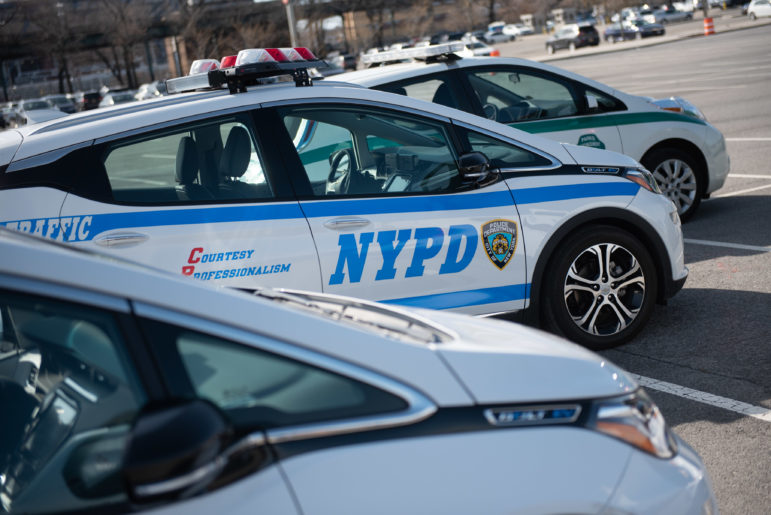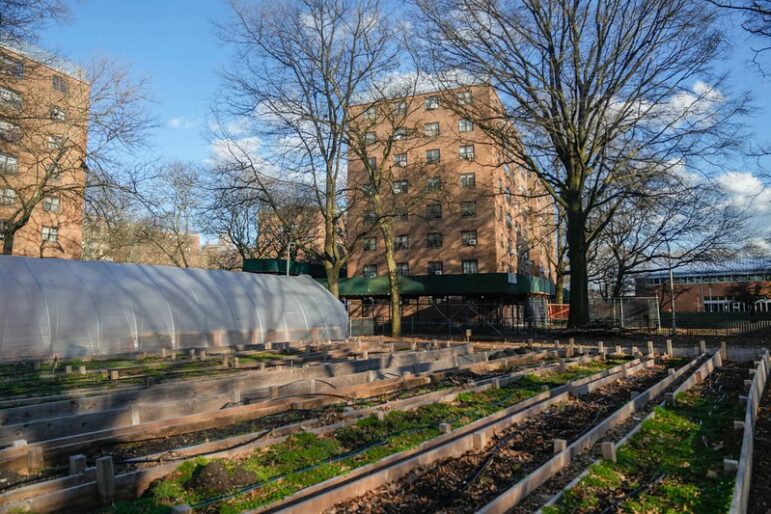
Photo by: Misterweiss
Many of us New York City residents are fortunate enough to take advantage of the city’s rich and diverse culture. We make enough money to support ourselves and our families, and still attend Broadway shows and dine at quality restaurants. And yet, there are also 1.7 million New Yorkers who are sinking deeper and deeper into poverty.
Many of us New York City residents are fortunate enough to take advantage of the city’s rich and diverse culture. We make enough money to support ourselves and our families, and still attend Broadway shows and dine at quality restaurants. And yet, there are also 1.7 million New Yorkers who are sinking deeper and deeper into poverty.
For them, safe and adequate housing, nutritious and balanced meals, and sufficient clothing are daily struggles. In the wake of the Great Recession, close to 47 percent of the city’s population is poor or near-poor. And the numbers are particularly disturbing when we consider those most affected: nearly 1 in 3 children and more than 1 in 5 seniors lives in poverty.
Despite the work of government and human services agencies to help people meet their basic needs, New York City ranks sixth highest in household income inequality, and New York State has the largest gap between rich and poor in the nation. Bearing witness to the growing economic divide in our city, and knowing that it’s not enough to help people meet their basic needs, FPWA has launched a new initiative, “Building a City of Equal Opportunity.”
Because income has a direct correlation with opportunity, and impacts current and future generations, there must be a full-scale effort to develop policies and programs that materially improve wages and earnings, educational experiences and living conditions. Without proper implementation and adequate funding of these types of policies, inequality will continue, and more and more New York City residents will be left behind.
FPWA’s “Building a City of Equal Opportunity” campaign focuses on a policy and program agenda that seeks to help raise people out of poverty by providing them with both income supports and the resources needed to move upward.
Our plan is guided by three central tenets: reducing poverty by ensuring individuals and families across generations can meet their basic needs; advancing upward mobility by driving a policy agenda that promotes the ability of the unemployed, underemployed, and low-wage workers to move up the economic ladder within one’s lifetime and across generations; and creating shared prosperity by increasing fairness, opportunity, and equity in jobs, career pathways, education and health.
Moving forward, our efforts will focus on policies and programs that sustain the economic well-being of vulnerable New Yorkers, and that promote self-sufficiency. For example, as an alternative tool to drive wealth creation in low-income communities and increase earnings for low-wage workers, we’re playing a key role in implementing a Worker Cooperative Budget Initiative.
This budget initiative will help to incubate, support and expand worker cooperatives, a small business model where the workers are part owners of the business and share in the profits. As a key step towards reducing poverty, we’re working with Catholic Charities of the Archdiocese of New York, and the UJA Federation of New York to study a range of government and city policies that when bundled have the real potential to lift the poor and change lives.
We’re also pushing for New York City to reinstate its own transitional jobs program, modeled on programs implemented in other major cities. Transitional jobs have the potential to combat the destructive economic malaise of increasing unemployment by helping the chronically under-and unemployed with paid, interim employment opportunities that combine work, skill development and supportive services.
The election of Mayor de Blasio signaled a real opportunity to materially and sustainably help change the lives and futures of those living in poverty. That commitment has been further demonstrated with the recent passage of NYC’s budget- one that sets a progressive tone for the city, and in the words of New York City Council Speaker Melissa Mark Viverito, “…reflects New York’s values.”
At FPWA, we view ourselves as partners in the administration’s efforts to reduce economic inequity; however, we also understand that our agenda cannot and should not be driven by government, but rather by what we believe are in the best interests of the people and communities we serve. We are committed to working together with individuals, advocates, faith leaders, communities and elected officials to move beyond the status quo, to help undo poverty, and to begin the process of narrowing the economic divide in our city.
You can learn more about the “Building a City of Equal Opportunity” agenda at www.fpwa.org.








